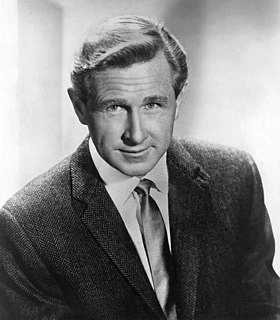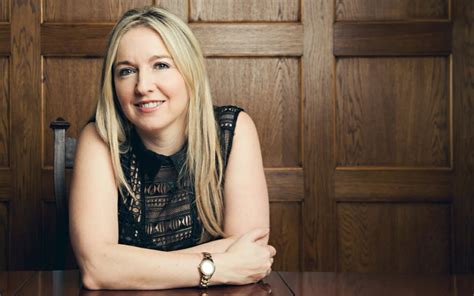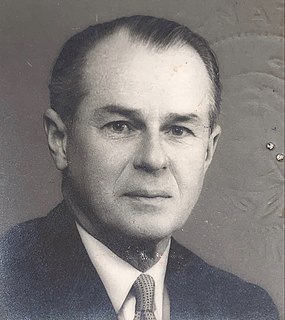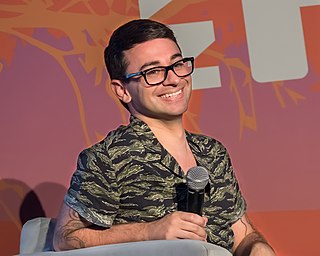A Quote by Philip Zimbardo
The [Stanford Prison Experiment] was readily approved by the Human Subjects Research committee because it seemed like college kids playing cops and robbers, it was an experiment that anyone could quit at any time and minimal safeguards were in place. You must distinguish hind sight from fore sight, knowing what you know now after the study is quite different from what most people imagined might happen before the study began.
Quote Topics
After
Any
Anyone
Approved
Because
Before
Began
College
Committee
Cops
Cops And Robbers
Could
Different
Distinguish
Experiment
Fore
Happen
Human
Imagined
Kids
Kids Playing
Know
Knowing
Like
Might
Minimal
Most
Must
Now
People
Place
Playing
Prison
Quit
Quite
Readily
Research
Robbers
Seemed
Sight
Stanford
Study
Subjects
Time
Were
Related Quotes
The place resembled a new model prison, or one that had achieved a provisional utopia after principled revolt, or maybe a homeless shelter for people with liberal arts degrees. The cages brought to mind those labs with their death-fuming vents near my college studio. These kids were part of some great experiment. It was maybe the same one in which I'd once been a subject. Unlike me, though, or the guinea pigs and hares, they were happy, or seemed happy, or were blogging about how they seemed happy.
In one sense, the Stanford prison study is more like a Greek drama than a traditional experiment, in that we have humanity, represented by a bunch of good people, pitted against an evil-producing situation. The question is, does the goodness of the people overwhelm the bad situation, or does the bad situation overwhelm the good people?
This is the woman who stopped the Stanford Prison Study. When I said it got out of control, I was the prison superintendent. I didn't know it was out of control. I was totally indifferent. She came down, saw that madhouse and said, "You know what, it's terrible what you're doing to those boys. They're not prisoners, they're not guards, they're boys, and you are responsible." And I ended the study the next day. The good news is I married her the next year.
We must never lose sight of the fact that we must take part in the development, not only of ourselves but of all humanity... I want you to understand that there never was or has been or will be, in the minds of the founders, including myself, the thought of any reward any notice coming to us for this experiment in brotherly cooperation and comradeship, which we initiated and which has developed, not necessarily because of any efforts of ours, into one of the best regarded organizations in the Negro collegiate world.


































